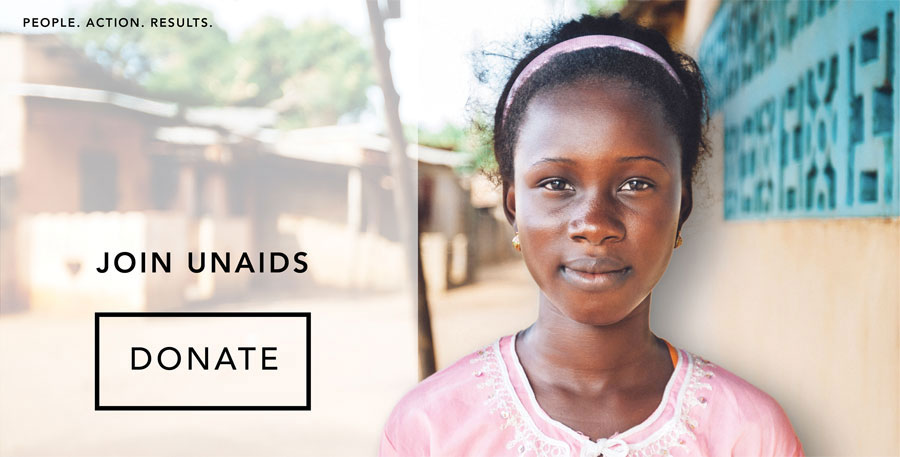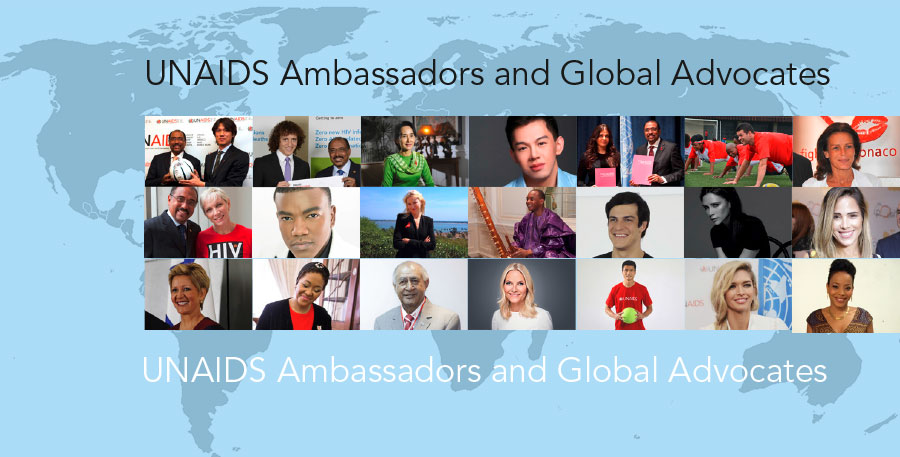
UNAIDS strongly welcomes bold, new US funding package for HIV
UNAIDS welcomes the signing into law of a bipartisan US$ 5.88 billion spending package that reinforces the continued commitment and leadership of the United States in the global response to HIV.
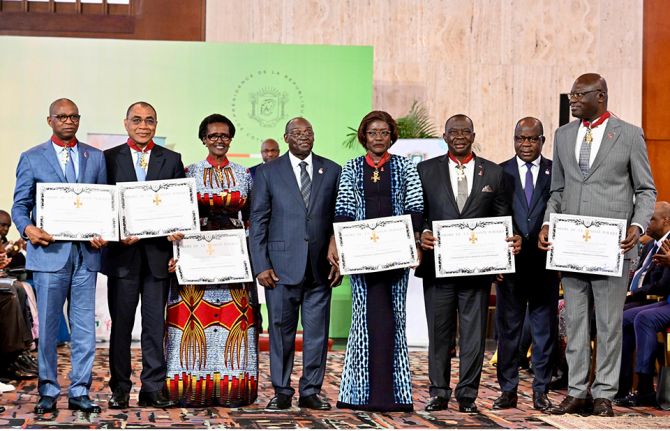
UNAIDS commends Côte d’Ivoire’s commitment to increase domestic funding for HIV
GENEVA/ABIDJAN, 24 July 2025—UNAIDS welcomes the announcement by the government of Côte d’Ivoire to close the funding gap for HIV following cuts from international donors. The Government has committed to invest US$ 60 to 65 million in 2025 and US$ 80 to 85 million from 2026 onwards to maintain critical lifesaving HIV services. These funds are essential to sustain and strengthen the quality of HIV services as part of a nationally owned and led effort to end AIDS in Côte d’Ivoire.
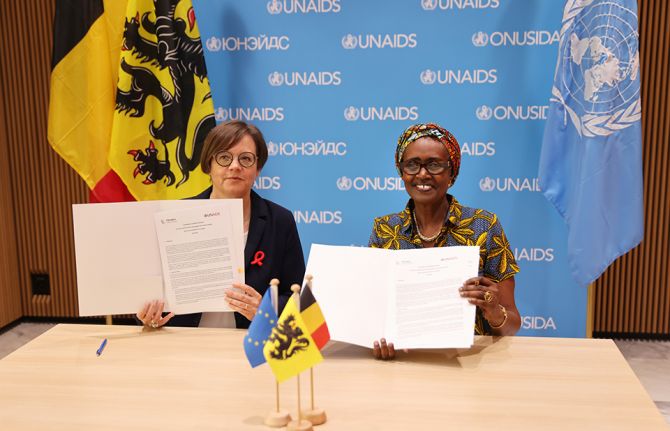
Flanders signs new two-year agreement with UNAIDS including €1.5 million contribution to help end AIDS in Africa
GENEVA, 25 June 2025—UNAIDS and Flanders have strengthened their joint efforts to combat the AIDS pandemic in Africa by signing a new cooperation agreement covering the period 2025—2026. “I want to thank Flanders for their reliable and continued support to UNAIDS and for their strong leadership during this critical phase of the AIDS response,” said UNAIDS Executive Director, Winnie Byanyima. “In these uncertain times, the consistency of Flanders’ engagement is highly appreciated and greatly…
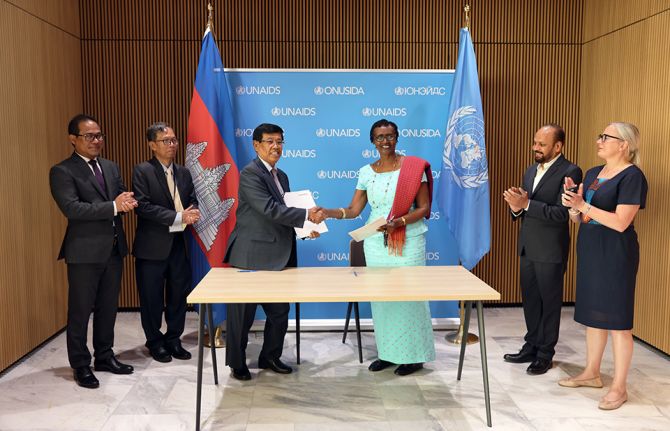
Cambodia signs new cooperation agreement with UNAIDS and pledges US$ 100,000 in funding
GENEVA, 24 June 2025—Cambodia has strengthened their joint efforts to combat the AIDS pandemic by signing a new cooperation agreement with UNAIDS for a year and pledging US$ 100,000.

How the shift in US funding is threatening both the lives of people affected by HIV and the community groups supporting them
Community organizations have been particularly impacted by the freeze in funding. Community healthcare workers are losing their jobs, clinics are having to be shut down and, as a result, people in need of HIV testing or prevention or who are living with HIV and dependent on daily antiretroviral medicine are unable to access the life-saving HIV services they need.
HIV Epidemic in Mozambique and US Government Contribution (PEPFAR)
HIV Epidemic in Mozambique and US Government Contribution (PEPFAR)
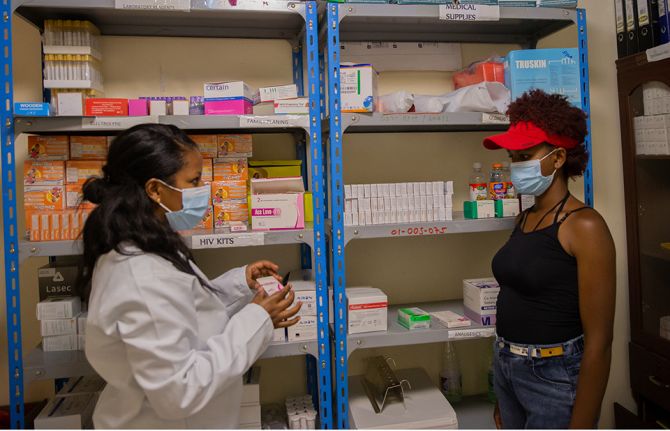
A crisis unfolding: hard-won progress in Ethiopia’s HIV response at risk
Ethiopia has made significant progress in its HIV response in recent years and is on track to reach the UNAIDS 95-95-95 targets with 90% of people living with HIV in the country being aware of their HIV status; 94% of those diagnosed with HIV receiving antiretroviral (ARV) therapy; and 96% of people on ARV therapy achieving viral suppression. But now, that progress is at risk. The recent pause in United States foreign assistance poses a direct threat to the lives and well-being of thousands of…
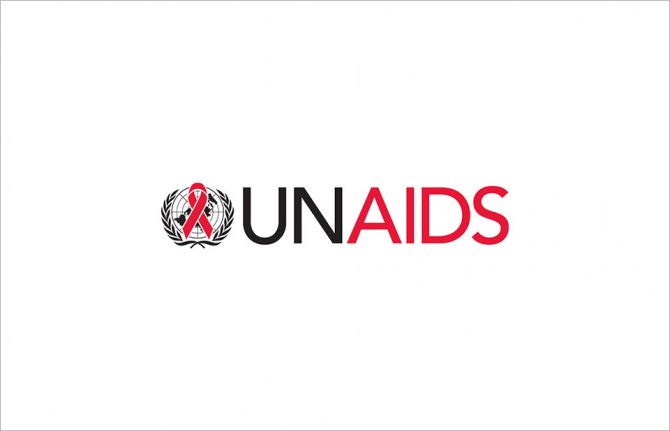
UNAIDS urges that all essential HIV services must continue while U.S. pauses its funding for foreign aid
While continuity of HIV treatment is essential, services must continue to be monitored, and oversight provided for quality. Other critical HIV services for people, especially marginalized people including children, women, and key populations, must continue. Last year, PEPFAR provided over 83.8 million people with critical HIV testing services; reached 2.3 million adolescent girls and young women with HIV prevention services; 6.6 million orphans, vulnerable children, and their…

UNAIDS encourages President Donald J. Trump to continue the strong leadership of the United States of America in the global AIDS response
UNAIDS encourages President Donald J. Trump to continue the strong leadership of the United States of America in the global AIDS response
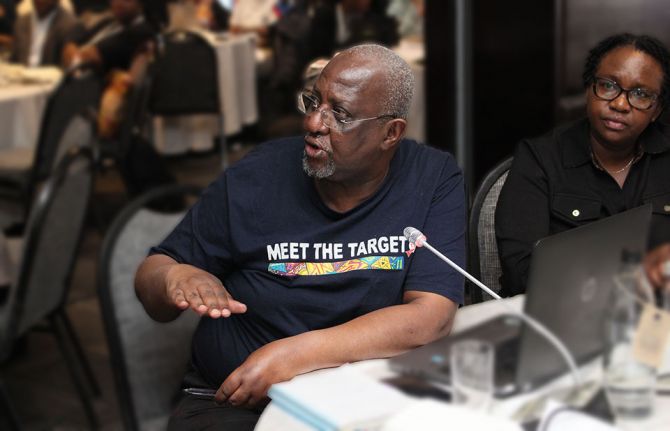
HIV financial data: A transformative power to ensure sustainability of the AIDS response
Progress towards ending AIDS as a public health threat has been strongest in the countries and regions with sufficient investments in their HIV responses, especially in countries from eastern and southern Africa. However, a critical part of this success lies in understanding where resources are being allocated and ensuring that investments are directed towards the most impactful interventions.

